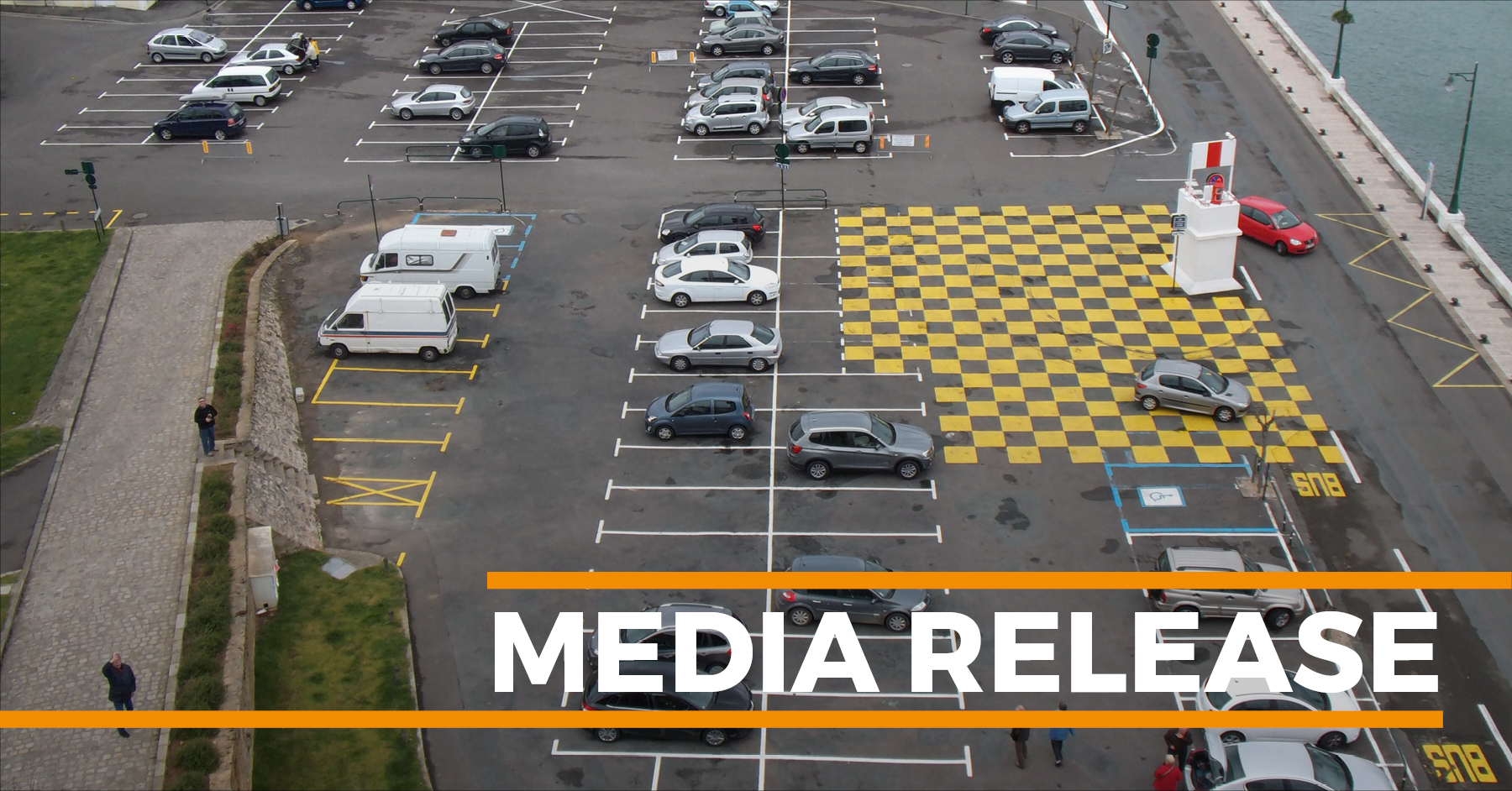REPORT: Victoria overrun with dodgy lemon cars as current dispute process totally unfit for consumers
A groundbreaking report from the Consumer Policy Research Centre (CPRC) has found that over half (54%) of all Victorians who bought used or new car in the past five years experienced major or minor faults with their vehicle, and that getting a fix takes too much time, money, and frustration.
The report “Detours and roadblocks: The consumer experience of fixing faulty cars in Victoria” commissioned by Consumer Action Law Centre, is the most thorough and forensic examination of the user experience of a faulty car ever undertaken in Victoria.
CPRC surveyed 1006 people, 503 who had purchased a new car and 503 who had purchased a used car in the past five years. Consumer Action’s interest in the difficulties being faced by survey respondents follow from its long-running campaign to help people with a faulty or ‘lemon’ car to get it fixed in a timely and cost-effective way.
“This report shines a laser-beam on the massive problems caused by lemon cars in Victoria and reveals with breathtaking clarity, the scale and extent of what it means for countless thousands of individuals and families to be lumbered with a lemon car,” said Stephanie Tonkin, CEO Consumer Action Law Centre.
Ms Tonkin said she particularly welcomed the solutions proposed in the report that could significantly improve protections for consumers who buy faulty cars.
“For years, Consumer Action has been saying we need to fix how we deal with car disputes. It shouldn’t be costing people years of their lives and thousands of dollars to get what they are owed under the law, and people shouldn’t be forced to drive or sell unsafe cars,” she said.
The report reveals that even for a straightforward case, the consumer has to take more than 60 steps to try resolve a matter after they discover a fault in their car. Very few people actually get that far – only 15% of people with used car even made it to the Victorian Civil and Administrative Tribunal (VCAT), and 93% of those who went to the Tribunal needed some kind of help.
In a single case, it cost Consumer Action $33,000 to enforce rights in relation to a car that cost less than half that.
“It’s long past the time for the government to shift the burden away from consumers, and on to car dealers to do the right thing,” Ms Tonkin said.
People need cars to get to work, to school, and to doctors – the impacts of a defective car reverberate throughout people’s lives. The report found that defective cars had adverse impacts on 31% of people’s work and 28% of respondents’ family life.
“Those effects are compounded for people who already face challenges: those living in regional and rural communities, First Nations people, and people facing mental health challenges or experiencing family violence. In one case study, it led to a First Nations single mother being forced to move interstate, with her children put into foster care,” Ms Tonkin said.
A new solution
The report puts forward a three-step plan, beginning with the urgent need to replace Victoria’s long and complex process with a new dispute resolution scheme to deal with faulty cars, that is fit for purpose and recognises that a functioning car is essential to many people lives.
“The Victorian Government recently said we need a ‘faster, fairer, and cheaper way’ to settle rental disputes, with VCAT as the last resort, not the first stop – and that’s the way car disputes should be resolved, too,” Ms Tonkin said.
Under the current system, dealers have no incentive to fix problems early – at worst, they will have to pay the consumer what they were owed from the start.
“We need make sure car dealers have an incentive to comply with their obligations – the more complaints dealers get, the more they should pay to fund the dispute resolution scheme. Dodgy car dealers shouldn’t get a free ride at the expense of car dealers doing the right thing, and certainly not at the expense of people who need a car to live and work.”
This is what Victorians with lived experience of a lemon car say:
“It’s just wrong, really, that a consumer goes out there and purchases from a caryard that is willing to do the wrong thing by you, and it’s shattering, really … That caryard knows the loopholes, they know that they are going to get away with this, and they keep on doing it. That’s where we need the backup of people who know what we don’t know. We go into something legal like this, we’ve got to chase it up and find it, it’s not there for us”. – Trevor and Michelle
“This dealership was sort of trying to drag it out as long as they could and sort of drain me financially and mentally and emotionally, drain me until I guess until they hoped until I turn around and tell them look, don’t worry about it.” – Damon
“I felt like I couldn’t trust anyone, and I felt like even VCAT, I don’t know what sort of organisation they are, but I felt like even they didn’t have my back. A lot of the time they were asking me questions that made me feel like I was the one that was doing something wrong.” – Damon
“Please, just put in place some legislation and some accountability towards these second-hand caryards, because the people who need it the most who are going to be going to these places so they can afford to buy it, they also need [the car] to work – it’s just a vicious cycle otherwise.” – Ashleigh
ENDS
Media Contact: Mark Pearce, Media and Communications Adviser, 0413 299 567, media@consumeraction.org.au
CPRC Detours & Roadblocks Report FINAL

